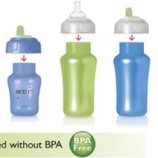Philips Avent, the nation’s largest seller of baby bottles, announced today that it will voluntarily stop selling bottles containing the controversial chemical bisphenol A (BPA). Attorneys general from Connecticut and New Jersey had written a letter to several bottle makers asking them to stop, and the Washington Post says the six largest baby bottle manufacturers in the country have voluntarily complied.
bisphenol a
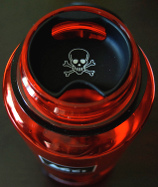
Suffolk County Bans Bisphenol-A In Baby Bottles
Suffolk County, New York enacted the nation’s first Bisphenol-A (BPA) ban on Tuesday when it voted to ban BPA from bottles for children 3 and under.
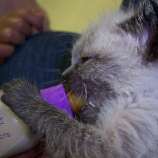
Chicago Considering A Partial Ban On Bisphenol-A Products
Chicago might become the first place in the United States to partially ban the sale of products that contain Bisphenol-A (BPA), the chemical that some studies have shown may have harmful effects on humans. They’re proposing to forbid the sale of any BPA product intended for children. Canada banned the chemical last year, but the FDA has so far come down on the side of manufacturers.
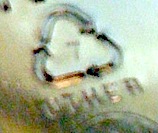
Study Finds Bisphenol-A Can Enter Your Body Through Non-Food Sources
A new study from the University of Rochester shows that bisphenol-A (BPA), a potentially toxic chemical found in many plastics, can enter the body via non-food sources and lingers in the body longer than previously thought.

BPA Levels Higher In Those With Heart Disease Or Diabetes
those with the largest amount of BPA in their urine had nearly three times the risk of heart disease and more than twice the risk of diabetes as those who had the lowest levels.

Confirmed: BPA Will Harm Your Monkey
Researchers at the Yale School of Medicine have linked [BPA] to problems with brain function and mood disorders in monkeys—the first time the chemical has been connected to health problems in primates.
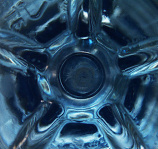
FDA Declares Bisphenol A Safe
Bisphenol A, or BPA, is the chemical used in various plastic bottles and can linings that Canada recently banned, consumers in Arkansas, California, and Ohio have filed lawsuits over, and Playtex and Nalgene have stopped using. The fear is that it’s toxic—studies on animals in Canada have shown that it’s damaging, and some tests in the U.S. suggest it’s harmful to humans as well. Critics of the anti-BPA movement point out that the human studies rely on super high dosages that never occur in real life, and that making safety decisions based on the general public’s fears isn’t exactly scientific.

../../../..//2008/06/20/you-can-get-a-free/
You can get a free Playtex Drop-Ins “nursing system” via this page. It’s apparently their way of saying, “Look! We don’t use BPA anymore!” [Playtex Baby]
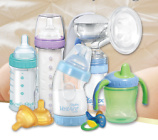
Woman Sues Playtex Over Bisphenol-A
A woman in Arkansas has filed a federal lawsuit against Playtex Products over their use of BPA in plastic baby bottles, claiming that the company “failed to adequately disclose that its plastic bottle products are formulated using BPA,” according to MSNBC. The suit is seeking class action status, which would make it the second BPA-related class action lawsuit after the one in California against Nalge Nunc International (the makers of Nalgene bottles)—although the chemical is still not classified as toxic in the U.S.

First BPA Class Action Lawsuit Announced!
It begins! A woman in California, no doubt under the expert legal advice of people who only have her best interests at heart, has filed a lawsuit against Nalgene alleging that they “knew, but downplayed risks, that a toxic substance in its popular…
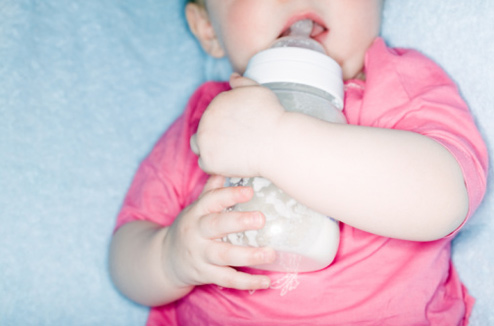
Should Companies Replace BPA Baby Products In The U.S.?
There’s nothing official about BPA in the U.S. (yet), and there’s no legal reason (again, yet) for a company to refund or replace any products that have BPA in them.
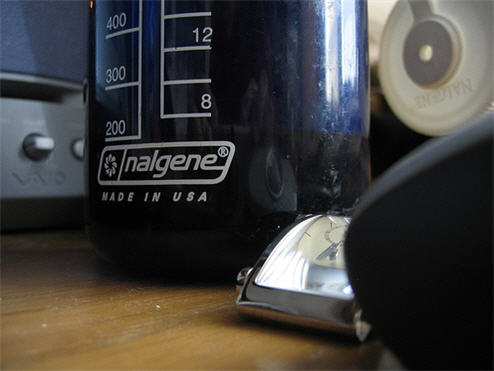
Walmart, Nalgene To Cut Back On Bisphenol A
Reacting to the news that Canada may classify Bisphenol A as a heath hazard, and following a new report from the U.S. National Toxicology Program that suggested BPA may “cause behavioral changes in infants and children and trigger the early onset of puberty in females,” Walmart announced yesterday that it would suspend the sales of all baby products that contain the chemical.
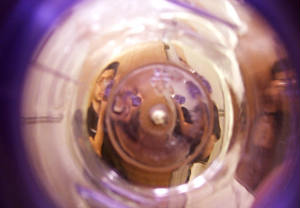
Canada May Become First Country To Classify BPA Toxic
Canada is about to become the first country to declare bisphenol-a (BPA)—used in baby bottles, drink containers, and as a liner in cans—a toxic chemical, reports the New York Times. An anonymous source has said that the work by Canada’s chemical review program to list BPA as a toxic chemical “was complete and was recently endorsed by a panel of outside scientists.” The announcement is expected any time between today and the end of May.
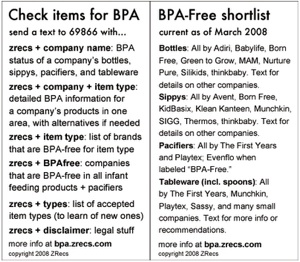
Get Info On BPA-Free Baby Products Via Text Messaging
If you’ve got a baby and you’re concerned about buying unlabeled products that contain Bisphenol A or BPA—which some studies have indicated may lead to adverse health effects in humans—the website Z Recommends has just launched a free text messaging service that lets you query their database of companies while you’re standing in the store. They’ve also got a printable wallet-card you can carry with you, which serves as both a cheat-sheet for the text service and a quick reference source for major companies.


